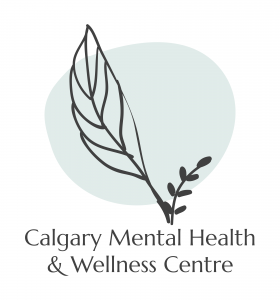We all have moments of stress that we feel time to time – a completely normal part of life. When stress starts to accumulate, become constant and overwhelming , it can turn into something more serious: burnout. Stress and burnout are often used interchangeably, they are not the same. Understanding these differences allows you to make changes and give you the opportunity to seek for help.
What is Stress?
Stress is your bodies natural response to challenges and demands or times when you feel under pressure, your brain activates its “fight-or-flight” response.
When this response is activated, your body releases a hormone called “cortisol”. This hormones job is to help your body respond to short-term stressors. It increases our alertness, raises our blood sugar for a little bit of energy, and even suppresses our digestion – to help our body focus on the challenges.
In small bursts, cortisol can be helpful and act as a protective agent for our body. When stress becomes chronic, increased amount of cortisol can cause anxiety, trouble sleeping, high blood pressure and even weaken our immune system.
What is Burnout.
Burnout goes beyond stress. It is a state of emotional, physical and mental exhaustion caused by prolonged stress. Burnout often makes us feel empty, drained and detached.
Signs:
- Chronic exhaustion
- Difficulty finding joy in things you used to love
- Low productivity
What You can Do:
Stress:
- Practice deep breathing and grounding techniques
- Take breaks
- Get enough sleep
- Stay active
- Talk about your stressors
Burnout:
- Consider taking time off
- Reduce your workload
- Set boundaries
- Seek professional help
When to Seek Help
Occasional stress is part of everyday life. But if stress feels unmanageable, or if you recognize signs of burnout, it may be time to reach out for professional support. Therapy can provide tools, coping strategies, and a safe space to explore what’s weighing you down.







